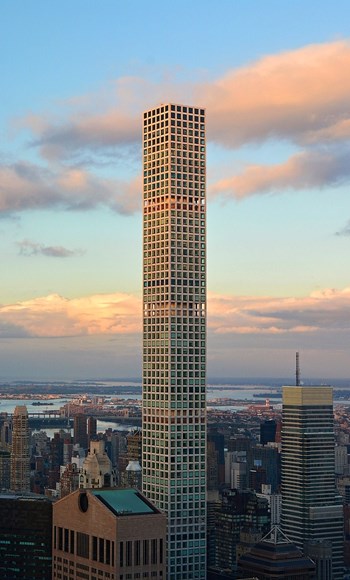
According to recent write-ups in the New York Times and New York magazine, life for some residents of 432 Park Avenue, the super-tall, super-luxe condo tower overlooking Central Park on the corner of Park Avenue and 57th St. in Midtown Manhattan (aka ‘Billionaire’s Row’) is not quite what they expected when they shelled out tens of millions for one of the building’s 125 units and moved in back in 2015. At 1,396 feet tall, the $3.1 billion, Rafael Vinoly-designed spire was the tallest residential building in the world when it was completed in 2014 (it’s now the third-tallest, after two other NYC giants - Central Park Tower at 1,449ft, and 111 West 57th at 1,427ft), but its claim to fame quickly revealed a few downsides - including plumbing woes, elevator outages, and an alarming tendency to sway and creak in the wind.
According to the Times, plumbing defects have caused “frequent flooding and extensive water damage" in the building, including one instance in November 2018 when a major leak “propelled water into elevator shafts, shutting them down for weeks” and compelling one buyer to back out of purchasing a $46.25 million unit. Along with water, wind is also having an elemental impact on 432 - causing still more elevator malfunctions (including one that reportedly trapped an unfortunate resident in a lift for over an hour), as well as spooky groaning, booming sounds throughout the building whenever there’s more than a light breeze blowing outside. And its billionaire residents — some of whom paid as much as $88 million for their homes - are blaming project developers CIM Group and Harry B. Macklowe for what they say are design flaws and construction defects.
On top of the physical issues bedeviling the building, New York magazine adds that “Residents are now required to spend $15,000 in annual fees for the building’s private restaurant, which is run by a Michelin-starred chef, though when 432 Park opened, they were told this cost would be merely $1,200.” The once-complimentary breakfast offered each morning is also no longer free.
Both articles note that along with all that, residents are warring with the condo board over ever-increasing insurance and common charge increases, and with each other over an array of complaints, grievances, and opinions on what should be done about it all. Which goes to show that money doesn’t necessarily buy happiness - and sometimes it doesn’t even buy you a little peace and quiet.



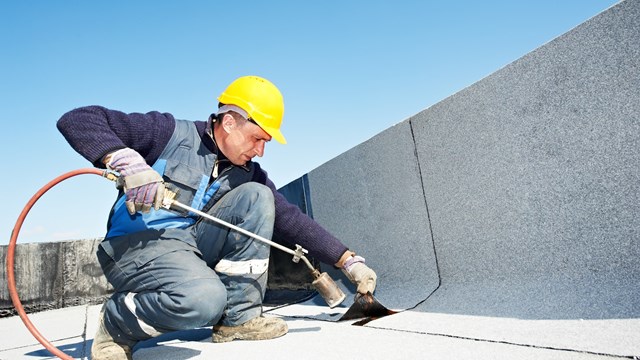
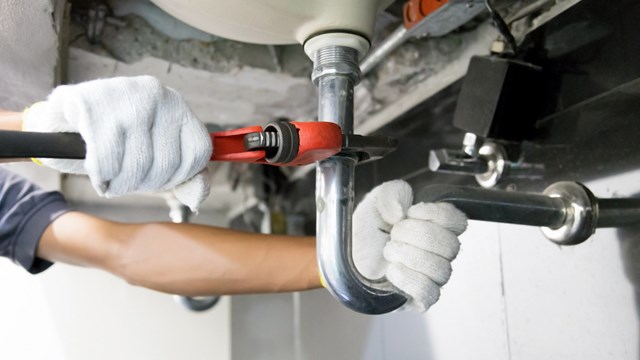
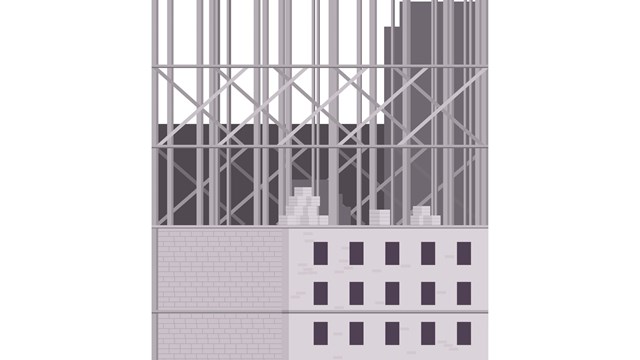
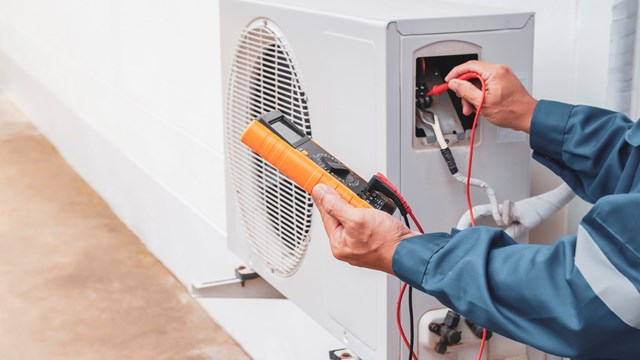

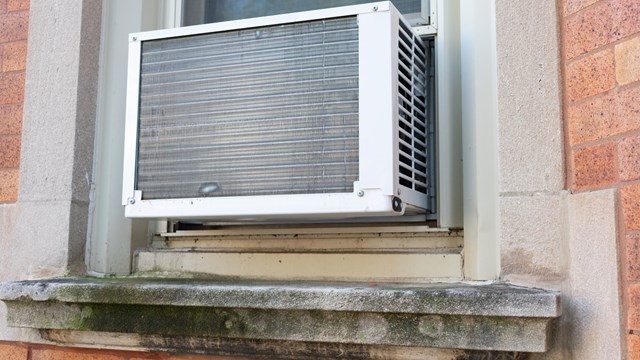
2 Comments
Leave a Comment